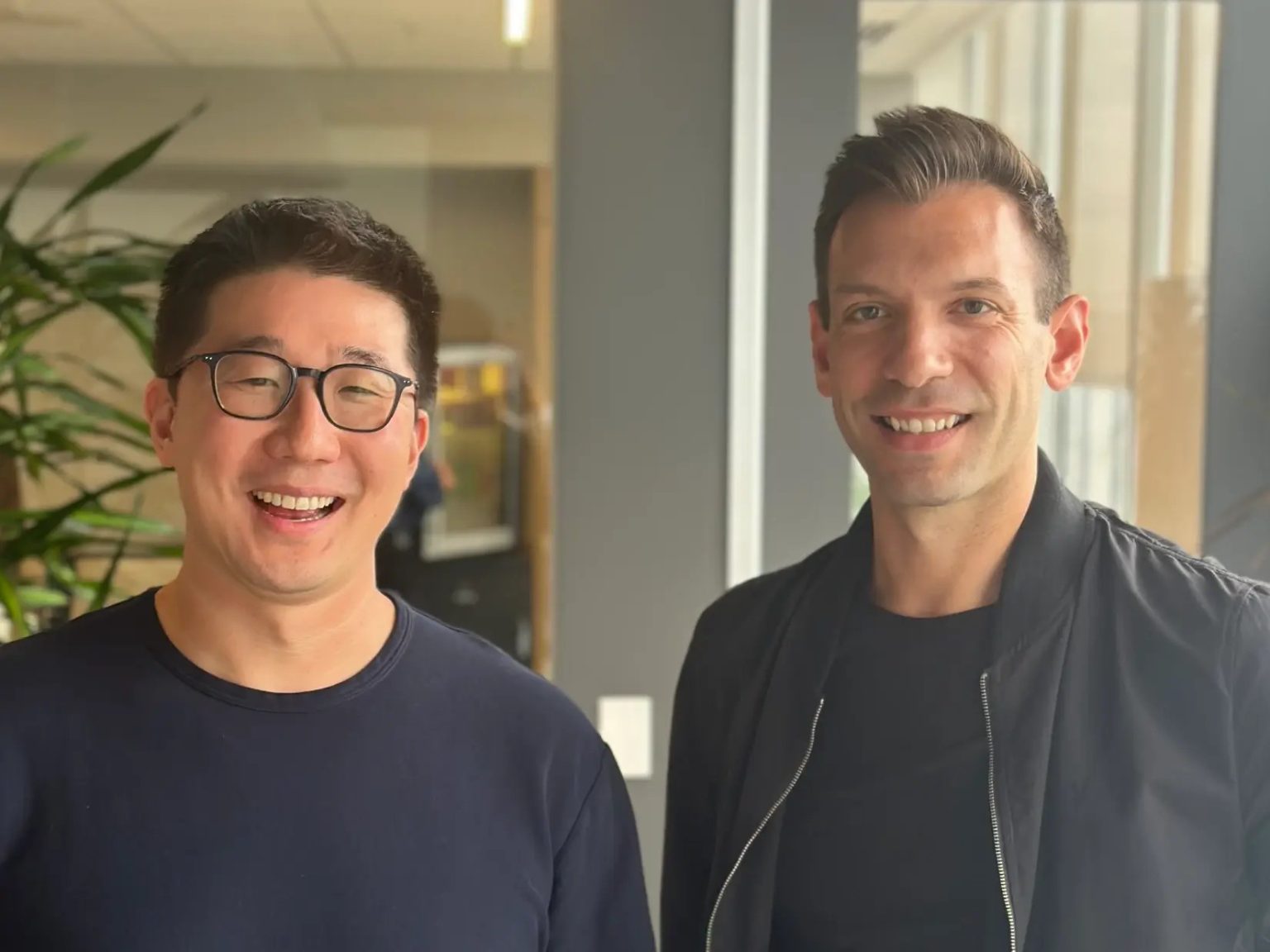From OpenAI to Airtable: Tech Leadership Changes and Former UK Prime Minister Joins Microsoft
In a significant shift within the tech industry, David Azose has taken on the role of Chief Technology Officer at San Francisco-based Airtable, bringing his extensive experience from OpenAI where he served as head of engineering for ChatGPT’s business products. Azose’s career journey reflects the interconnected nature of the tech ecosystem, having started at Microsoft where he spent over nine years before moving to leadership positions at Uber’s Seattle office and DoorDash. His transition to Airtable marks an important step for the database and workflow automation company as it continues to evolve in the rapidly changing technological landscape. Speaking about his new role, Azose expressed enthusiasm about Airtable’s pioneering efforts in no-code solutions, noting that “Airtable helped democratize no-code long before it was fashionable. With the advent of AI, the opportunity to amplify that mission feels inevitable and energizing.” His expertise in AI engineering from OpenAI positions him well to guide Airtable through its next phase of innovation at the intersection of database management, workflow automation, and artificial intelligence.
In a move that bridges politics and technology, Microsoft has appointed former United Kingdom Prime Minister Rishi Sunak as a part-time advisor. This appointment adds to Sunak’s growing portfolio of advisory roles in the tech sector, as he holds similar positions at AI company Anthropic and financial giant Goldman Sachs. According to information Sunak provided to the UK’s Advisory Committee on Business Appointments (ACoBA), his role at Microsoft will involve offering “high-level strategic perspectives on macro-economic and geopolitical trends and how they intersect with technology and society.” This strategic advisory position leverages Sunak’s unique experience as a former head of government during a period of rapid technological advancement and increasing concerns about AI regulation. His responsibilities will include speaking engagements at Microsoft’s annual summit, providing the company with insights that bridge the worlds of government, policy, and technology development.
Sunak’s appointment has not been without scrutiny, however, as ACoBA expressed concerns about potential conflicts of interest. While Sunak has stated that he “will not be advising on any UK policy matters,” the advisory committee noted that “as the former Prime Minister there is a reasonable concern that you could be seen to offer unfair access to, and influence in, the UK government. This risk is heightened given the ongoing debate and lobbying efforts by large tech companies, including Microsoft, on the approach to best regulate AI.” This highlights the increasingly complex relationship between technology companies and governments as they navigate the rapidly evolving landscape of artificial intelligence. It’s worth noting that Sunak’s tenure as prime minister lasted nearly two years, ending in July 2024, though he continues to serve as a member of Britain’s parliament. In a gesture that may help address some ethical concerns, Sunak is donating his Microsoft salary to The Richmond Project, a charity he launched with his wife Akshata Murty that focuses on improving math skills for children and adults.
The flow of talent between AI companies continues with Jonathan Rosenbluth joining Seattle-based AI startup Oumi as the head of product and go-to-market. Rosenbluth brings valuable experience from his previous position at Cohere, a Toronto-based AI model and foundation-building company. His transition to Oumi represents another example of how expertise is circulating within the AI ecosystem, particularly among companies working on foundational aspects of artificial intelligence technology. Oumi, which emerged from stealth mode in January after securing $10 million in funding, has positioned itself with the ambitious mission of opening the “black box” of foundational AI models to drive innovation in the field. This focus on transparency and accessibility in AI development addresses one of the most significant challenges in the current AI landscape – making powerful models more understandable and customizable for a wider range of applications and developers.
Rosenbluth expressed his enthusiasm for joining Oumi on LinkedIn, highlighting the caliber of the team he’ll be working with: “The team is world-class, led by Emmanouil (Manos) Koukoumidis and Oussama Elachqar, with deep technical chops and serious ambition. I feel lucky to be building with them.” This statement reflects the importance of leadership and technical expertise in the competitive AI startup space, where companies are racing to develop innovative approaches to artificial intelligence that can provide unique value in an increasingly crowded market. Oumi’s focus on opening up AI models represents an important counterbalance to the trend toward larger, more complex, and often more opaque AI systems. By making these models more transparent and accessible, the company aims to democratize AI development in ways that could potentially lead to more diverse and innovative applications across industries.
These leadership changes and new roles illustrate the dynamic nature of the technology industry in 2025, particularly in the realm of artificial intelligence. From established companies like Microsoft bringing in political expertise through figures like Sunak, to AI pioneers moving between companies and sharing their knowledge as Azose and Rosenbluth are doing, we’re witnessing the formation of a complex ecosystem where talent, ideas, and approaches to innovation are constantly in flux. These movements also highlight the increasing intersection of technology with other domains – government, policy, business processes, and more – as AI continues to expand its influence across sectors. As companies like Airtable, Microsoft, and Oumi evolve their strategies and build their teams, they reflect broader trends in how artificial intelligence is being developed, deployed, and integrated into the fabric of business and society. The careers of individuals like Azose, Sunak, and Rosenbluth demonstrate that expertise in artificial intelligence has become a valuable currency that opens doors across industries and organizational boundaries, further accelerating the cross-pollination of ideas and approaches that drive innovation in this rapidly evolving field.


